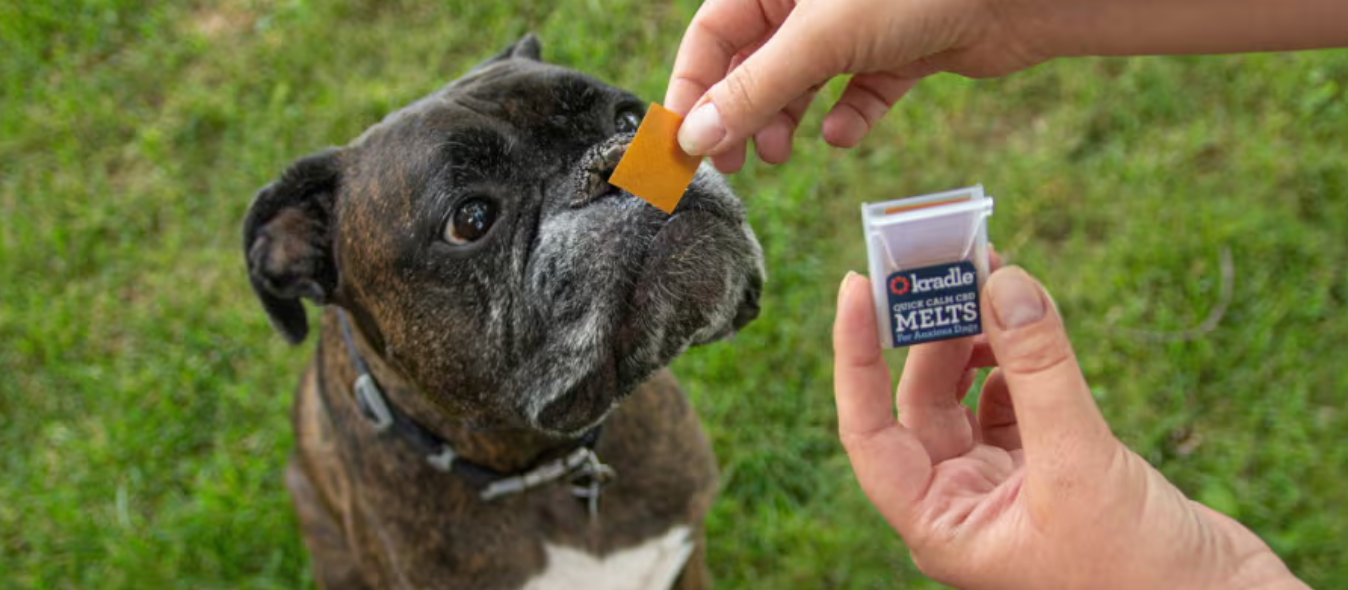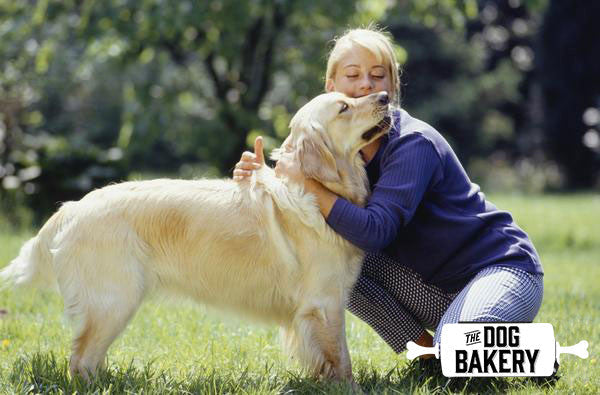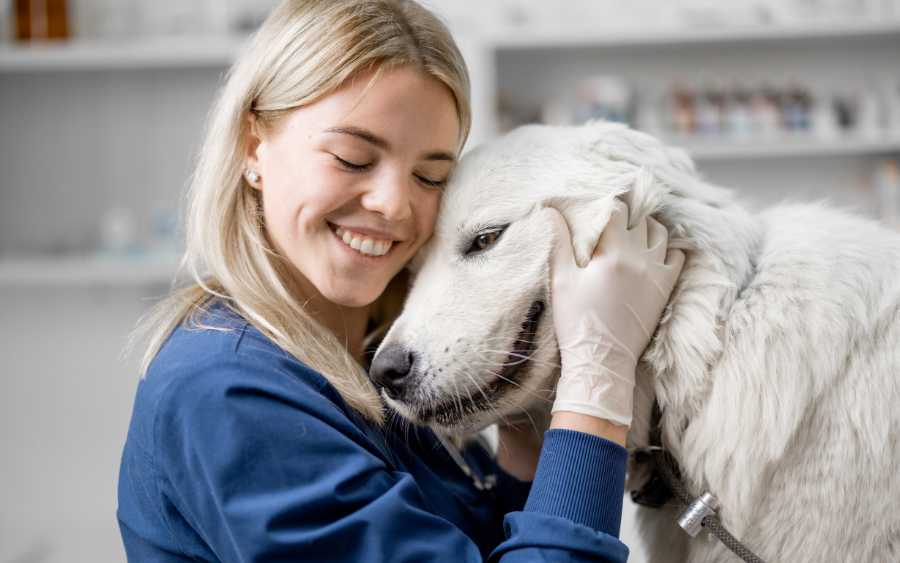Have You Ever Wondered If Dogs Can Eat Olives?

Olives are deliciously salty cured stone fruits eaten all over the world. Eaten as a snack or appetizer, or added to recipes for a salty, tangy kick, olives are a staple in many households.
If olives are a regular on the menu at your house and you have a dog, you might have found yourself asking: can dogs eat olives? While olives are non-toxic and won’t hurt your dog if they eat one or two, there are some risks associated with eating large quantities of these salty snacks.
Here, we’re explaining what you need to know if your dog has eaten an olive (hint: you don’t need to panic) and sharing answers to some of the most common questions about this topic.
Are Olives Safe for Dogs?

Yes, olives are generally considered safe for dogs. Olives contain no toxic ingredients, and even their pits are free from harmful chemicals.
Because olives are typically cured in salt, they do have a high sodium content, which isn’t good for your dog. However, eating one or two won’t have a serious impact on their health, so unless your dog eats an entire jar of olives, this isn’t a concern.
Olives are also sometimes made using additional ingredients like garlic and chili. In these cases, the olives can be toxic, since garlic and chili are not safe for dogs. If your dog eats one or two, they will likely be fine, but large amounts may be cause for concern. In these cases, you should contact your vet.
The final risk associated with dogs eating olives has to do with the pits. Because they are hard and sometimes sharp, they can cause intestinal obstruction or chip your dog’s teeth. If your dog eats a large number of olives with their pits, contact a veterinarian for further instructions.
Nutritional Value of Olives

Olives offer no nutritional value to dogs and are not a healthy treat option. High in sodium, olives should not be purposefully fed to your dog.
Olives made with added ingredients like garlic and chili should especially be avoided since these can be toxic to dogs.
Even if your dog were to be eating pitted, fresh, unseasoned olives, they would not reap any benefit from the nutrients included in olives.
Can Dogs Eat Olives? The FAQ
Looking for the answer to a specific question about dogs and olives? We’ve compiled the most common questions below!
Can dogs eat olives in brine?
Yes, but they shouldn’t. Brined olives aren’t good for dogs, but they aren’t toxic, so one or two won’t hurt them. Remember that the pits in olives are one of the biggest potential risks.
Can dogs eat green olives?

Yes. Green olives are non-toxic to dogs, but not a good treat. Pitted green olives are safer than green olives with the pits, but still not healthy for your pup.
Can dogs eat olives from the tree?
Yes! Olives eaten directly from the tree are possibly one of the safest ways for dogs to eat them. Unbrined and fresh, olives from the tree are non-toxic and free from potentially harmful ingredients. The only thing to look out for is the pits, so don’t encourage your dog to eat olives from the tree.
Can dogs eat olive oil?
Yes! Olive oil is safe, and even potentially beneficial for dogs in small quantities. However, your dog shouldn’t need to eat olive oil for its nutritional value since their diet should already be fully balanced.
Can dogs eat olives with pimentos?
Yes. Neither olives or pimentos are toxic to dogs, but like all cured olives they are high in sodium and not a healthy treat for your pup.
Can dogs eat olives and garlic?
No! Garlic is toxic to dogs, and they should not eat olives that have been made or stuffed with garlic in any form.
Can dogs eat blue cheese olives?
No. Blue cheese is not toxic to dogs, but the fungus that causes the fragrant blue blooms can cause gastrointestinal distress.
Can dogs eat kalamata olives?
Yes. Kalamata olives are non-toxic to dogs, but not a good treat option. Be aware that eating the pits of kalamata olives can cause intestinal blockage, and should be avoided.
What about other salty snacks? For example, can dogs eat nuts?




